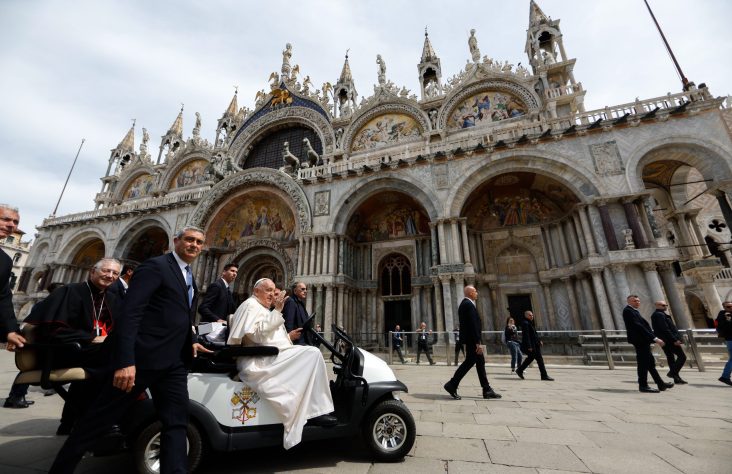February 15, 2012 // Uncategorized
Behind closed doors
During a quick trip to the grocery store recently I ran into an acquaintance who had recently lost her husband following a long battle with cancer. After our exchange of social pleasantries, her reply to my gentle prodding was “I’m fine, really.”
But the glazed look of confusion and pain in her eyes communicated a much different message to me.
In her defense, the grocery store is one of the least likely places in which a widow, or anyone in grief for that matter, hopes to unburden her heart. But the feeling of isolation, even in a crowd, is sometimes so overwhelming that the weight of grief must be shared.
“How has it been going for you, really?” I pressed. And as she opened up something she said really struck me. “I’ve learned not to tell people how I’m really feeling because most don’t want to hear it. They all just say, ‘Looks like you’re doing great.’ Hm-mmm,” she mused, “They should see me behind closed doors.”
Many of us who have experienced the death of someone dear, can relate to her angst. As one who revels in the spoken word, I did not understand, all those years ago, that there would eventually come a time on my grief journey, plotted unwittingly by the sudden death of my husband, Trent, when some of the people in my life would no longer be able to listen to my story of grief. I first experienced this phenomenon, coincidentally, during a visit to the grocery store.
“How are you doing?” my neighbor greeted me as we walked together through the automatic doors. “Oh my,” I replied in earnest, grateful for a caring ear. “I miss Trent so much.” “Well, you take care dear,” was her abrupt response, and just as quickly I was left standing — alone — in the produce section.
The hurt I felt that day was magnified by the sense of isolation already in place and it taught me to be cautious in my future interactions. But as time progressed and I began to learn about grief and its path, I realized that there would be those who would be unable, for a variety of reasons, to accompany me in my pain. And that was okay.
It might be that they are frightened by my reaction to my loss as they faced their own mortality. Perhaps they wanted to help but simply didn’t know how to go about it. And, I think, as life returns to normal for most after a death, it is natural to believe that the bereaved are returning to normal as well. But those of us who have mourned a loss know that life does not return to the normal we once knew and rebuilding takes time.
Behind closed doors the bereaved may awaken in the morning stunned that the reality of the death was not just vapors of an unsettling nightmare. They may find completing daily chores a task too monumental to accomplish and sit for hours in a daze, unable to move under the heaviness of grief. They may weep uncontrollably at inopportune times, praying for a shoulder to cry on but unable to reach out for help. Some may forget to eat or drink, while others may rush from activity to activity in the hope of outrunning the pain of their grief.
In those early weeks and months following a loss, it is essential that we rally the troops — those people in our lives that are willing to support us as we mourn. These are the people, close family, friends or even members of a support group, who will listen to us expound on our pain and fears, and will sit with us in silent companionship when there is nothing left to say.
We can create a safe and sacred place with these folks, behind closed doors, where the truth can be shared, and healing can take place. And as we develop a new life where our grief finds its rightful place, these are the people who will eventually walk with us into the sunlight when we are ready to live life fully once again.
The best news. Delivered to your inbox.
Subscribe to our mailing list today.





